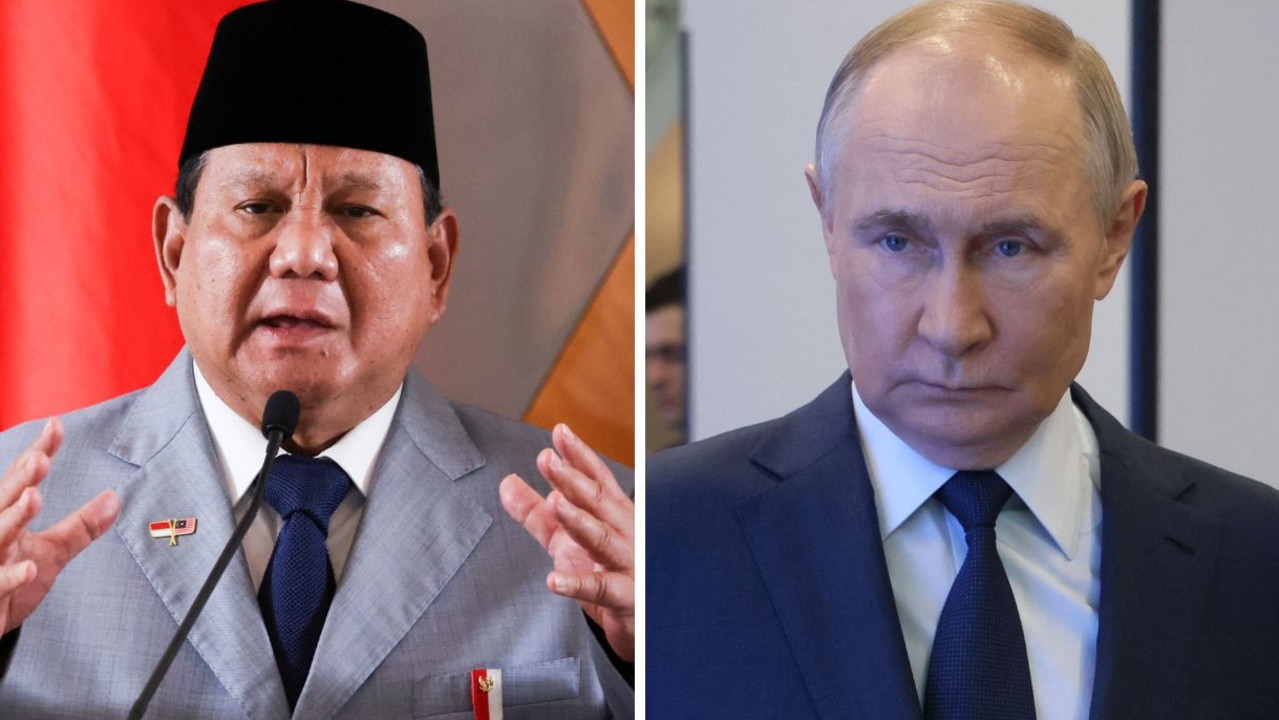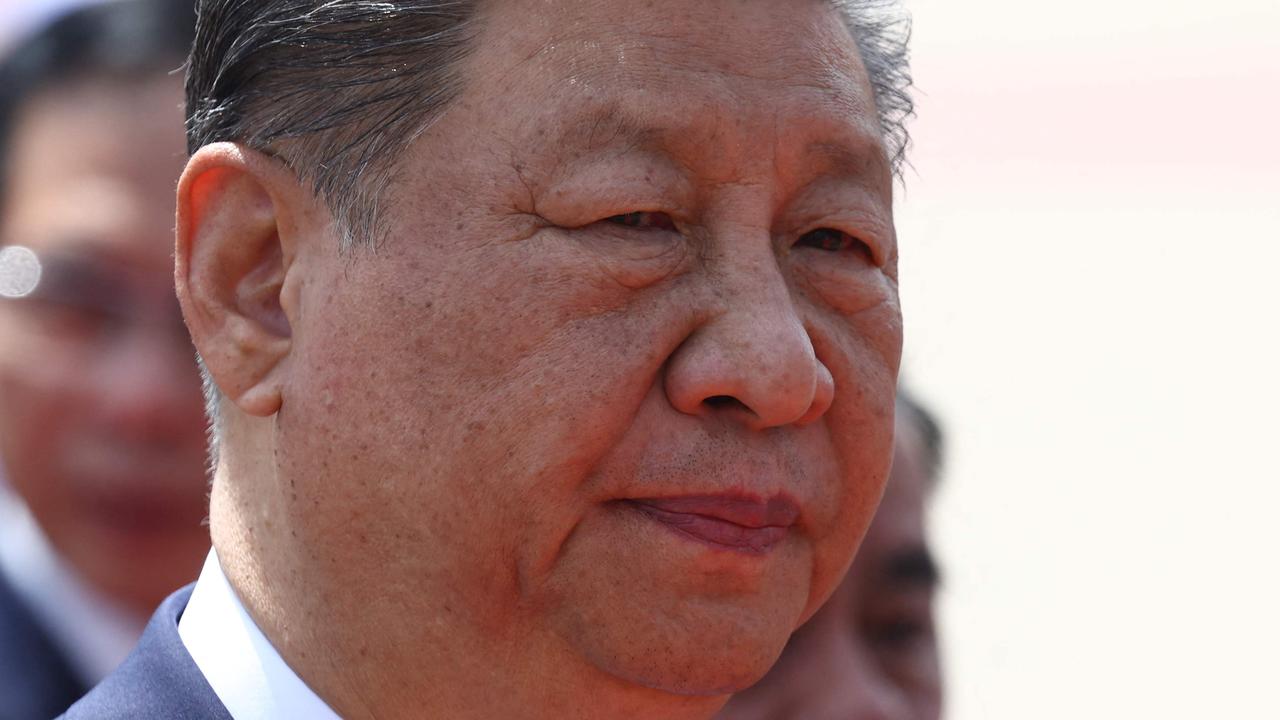Beijing accuses Penny Wong of violating UN Charter
Beijing has accused Penny Wong of violating the UN Charter after she called for “restraint and de-escalation” in the wake of military operations around Taiwan.
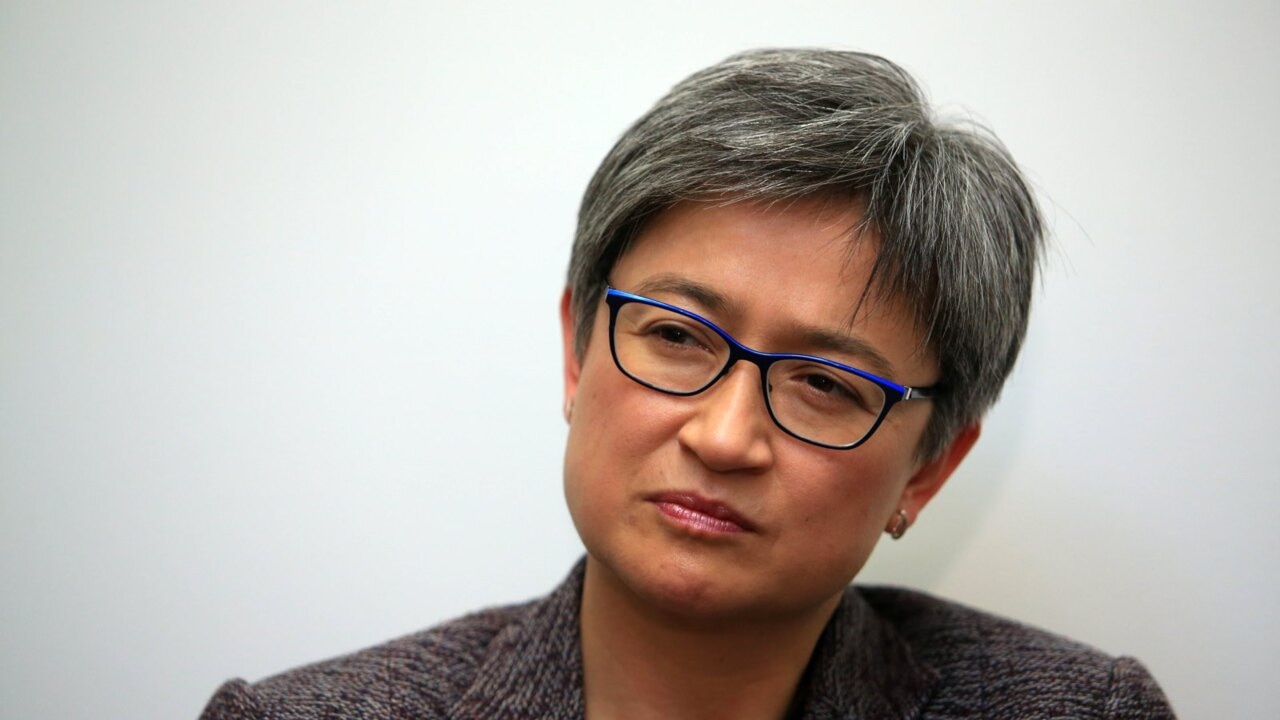
Beijing has accused Penny Wong of violating the United Nations Charter and “grossly” interfering with China’s internal affairs after she called for “restraint and de-escalation” in the wake of four days of military operations around Taiwan.
Accusing Australia of undermining regional peace and security, China warned it would never resile from the position that Taiwan was part of China.
It follows the release of a joint statement from Foreign Minister Penny Wong, US Secretary of State Antony Blinken, and Japanese Foreign Minister Hayashi Yoshimasa.
The statement warned China’s military exercises around Taiwan were “disproportionate and destabilising” and warned of the risk of Chinese missiles landing around the island of Taiwan.
“We urge restraint and de-escalation,’’ the statement said.
Ms Wong said it was “in all our interests to have a region at peace and not in conflict”.
“Australia does not want to see any unilateral change to the status quo across the Taiwan Strait. There is no change to Australia’s bipartisan one-China policy,’’ she said.
Stream more world news live & on demand with Flash. 25+ news channels in 1 place. New to Flash? Try 1 month free. Offer ends October 31, 2022 >
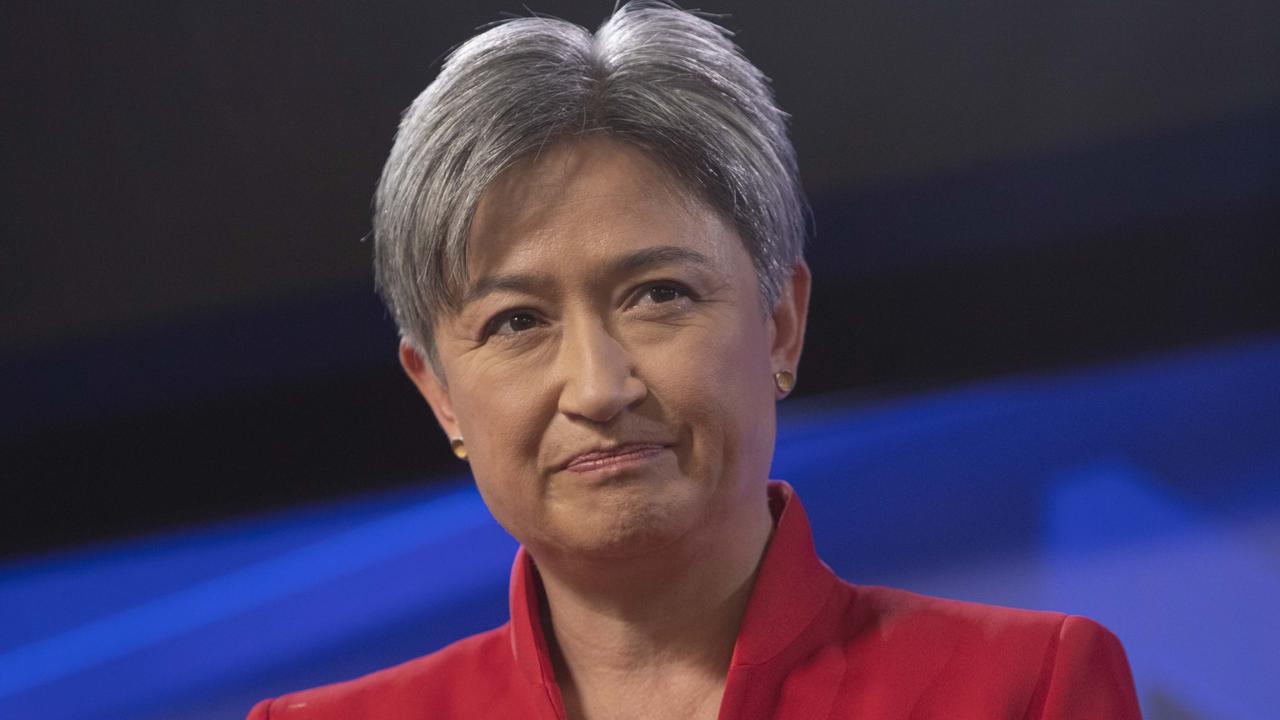
But Chinese Foreign Ministry spokesman Wang Wenbin said the joint statement was a “violation”.
“In disregard of facts, [they] have wantonly criticised China’s legitimate, justified and lawful measures to safeguard its sovereignty and territorial integrity,’’ he said.
“Australia’s act violates the purposes and principles of the UN Charter, grossly interferes in China’s internal affairs, and undermines regional peace and stability. China firmly opposes it.
“In the past few years, China-Australia relations have experienced serious difficulties for reasons caused by the Australian side.”
China’s position on developing relations with Australia was consistent and clear, he said.
“We urge the Australian side to develop a clear understanding of the situation, pursue the right course, respect China’s core interests and major concerns, abide by the one-China principle, observe basic norms governing international relations, stop interfering in China’s internal affairs, stop saying or doing the things that undermine regional peace and stability, refrain from echoing or assisting certain countries’ misguided strategy of using the Taiwan question to contain China, and avoid creating new obstacles for China-Australia ties.”
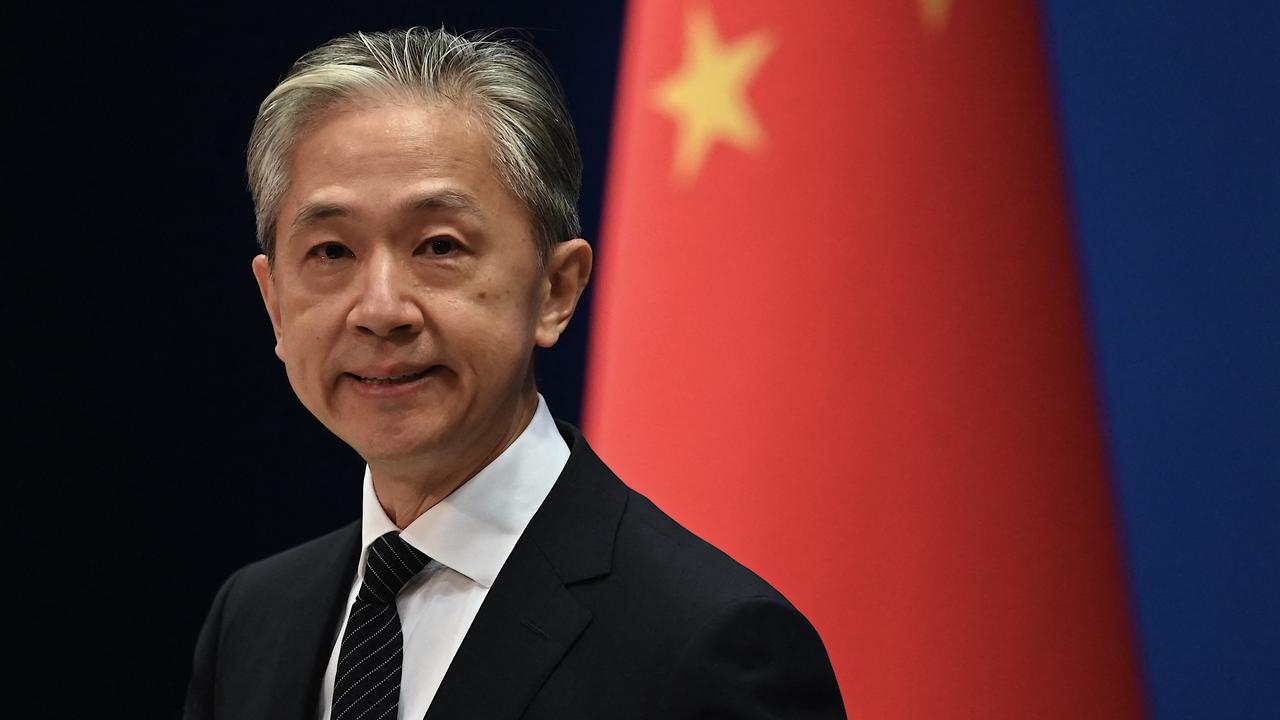
China’s Foreign Ministry said the definition of the one-China principle was crystal clear.
“There is only one China in the world, Taiwan is part of China, and the government of the People’s Republic of China is the sole legal government representing the whole of China,’’ he said.
“The applicability of this principle is universal, unconditional and indisputable. All countries having diplomatic relations with China and all Member States of the UN should unconditionally adhere to the one-China principle and follow the guidance of UNGA Resolution 2758.
“What some individual countries have done is essentially an attempt to misrepresent and distort the one-China principle. This is in effect challenging the basic principles of international law and basic norms governing international relations. This is also a challenge to the post-WWII world order.
“A person without credibility has no place in society; and a country that loses its credibility would falter. We urge certain countries to make sure that they read about the history, abide by the commitments they seriously made in black and white and recognise how dangerous and detrimental it is to act in bad faith and to justify the ‘Taiwan independence’ separatist forces.
“Attempts to challenge the one-China principle, international rule of law and the international order are bound to be rejected by the international community and get nowhere.”




